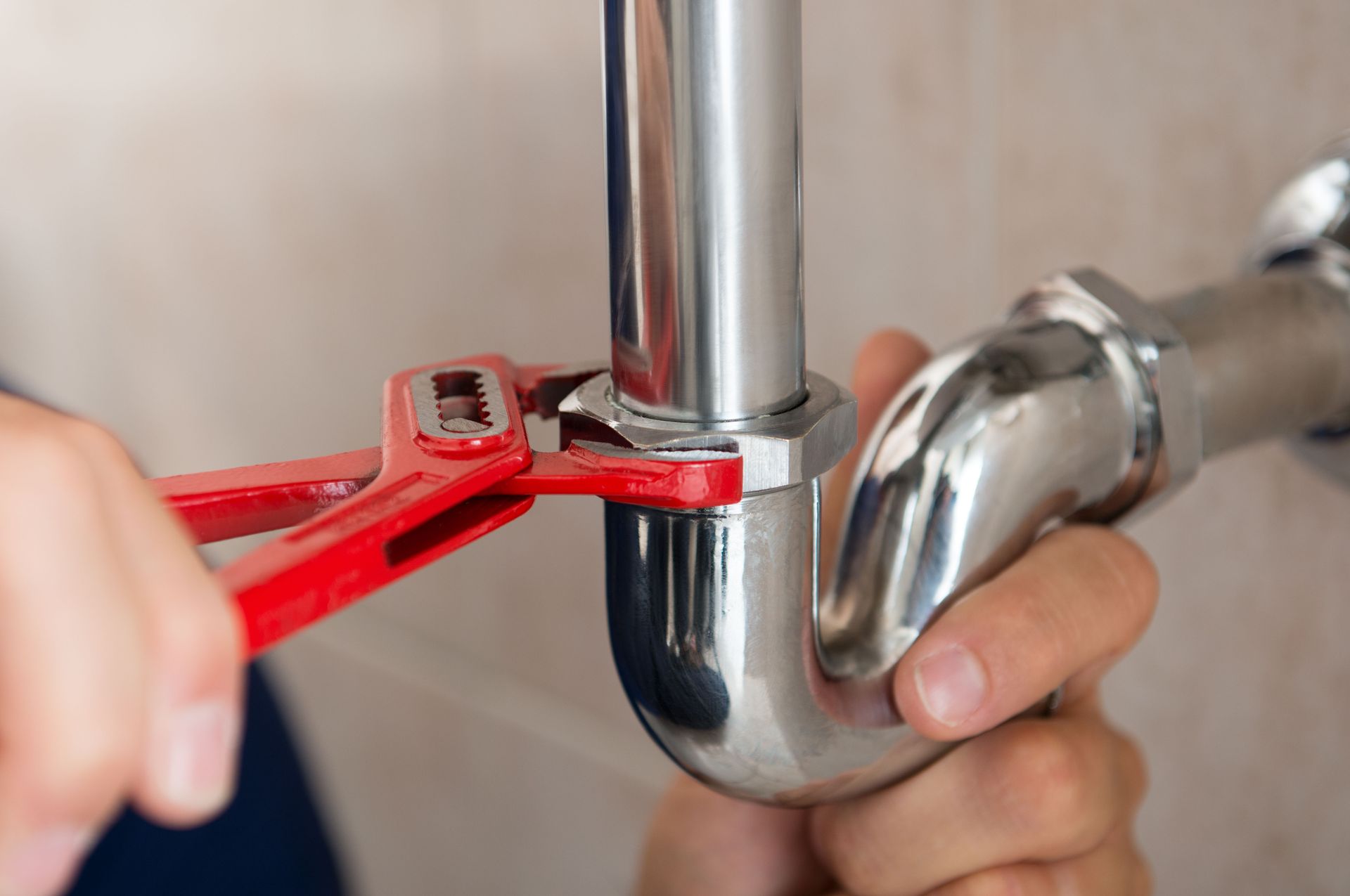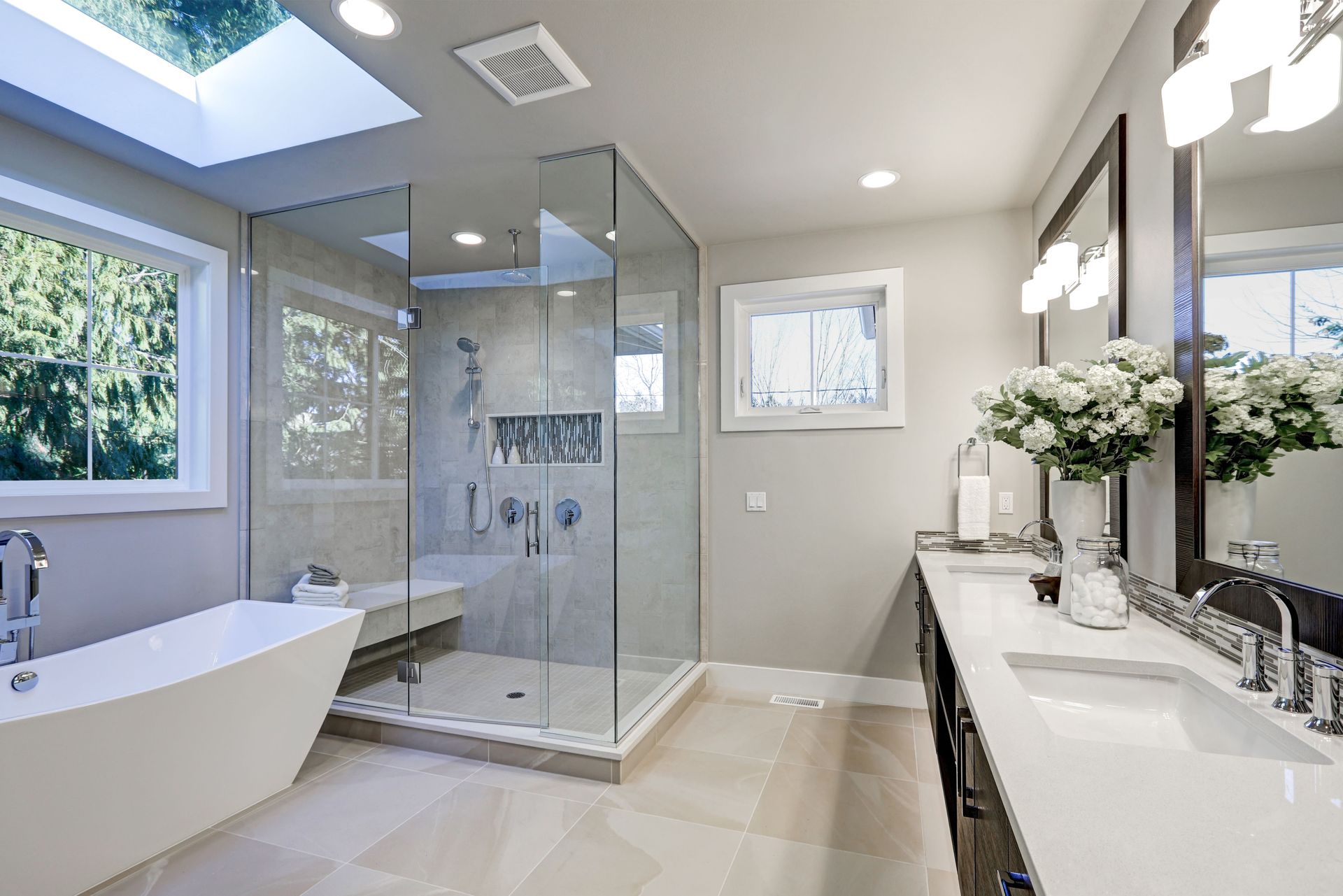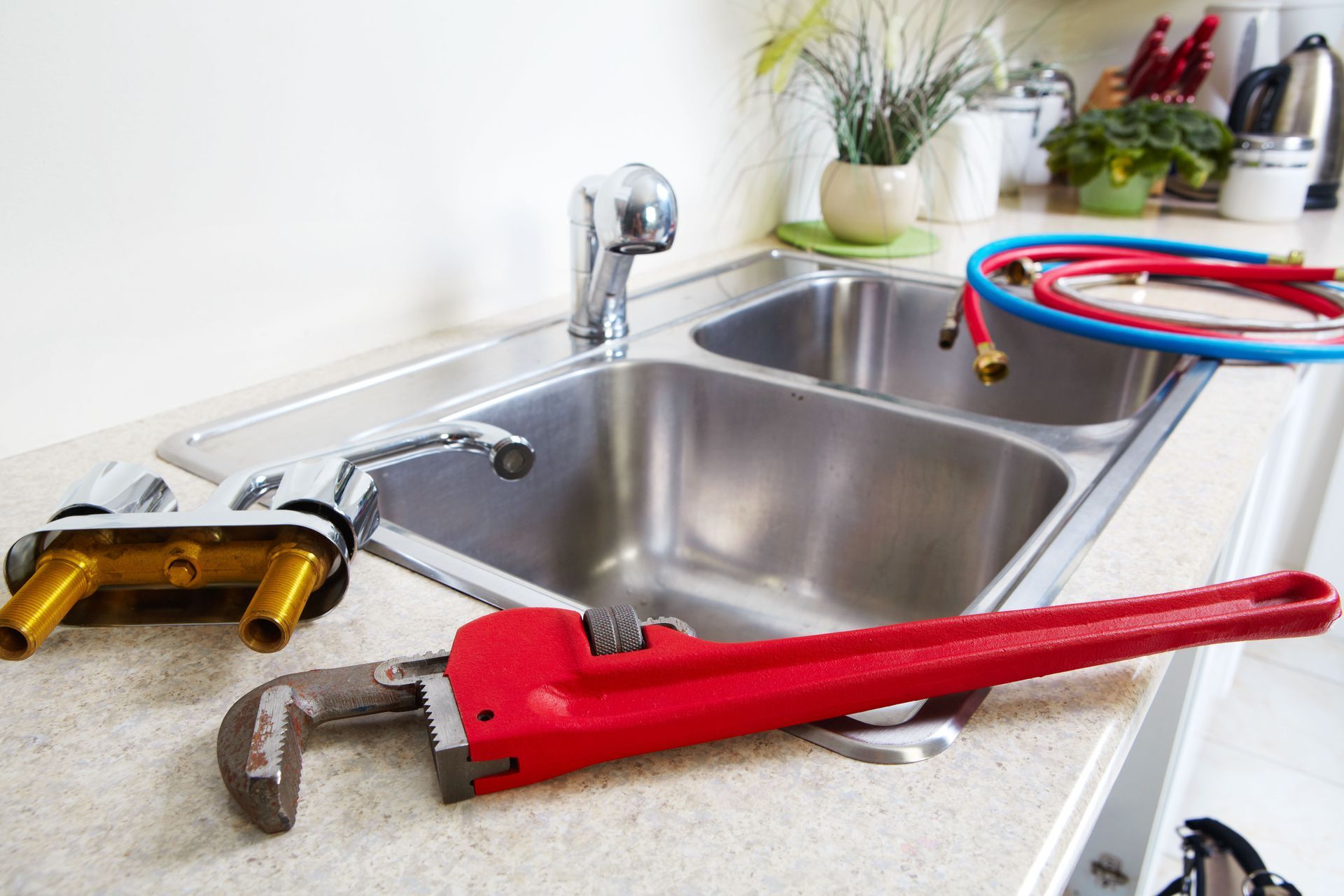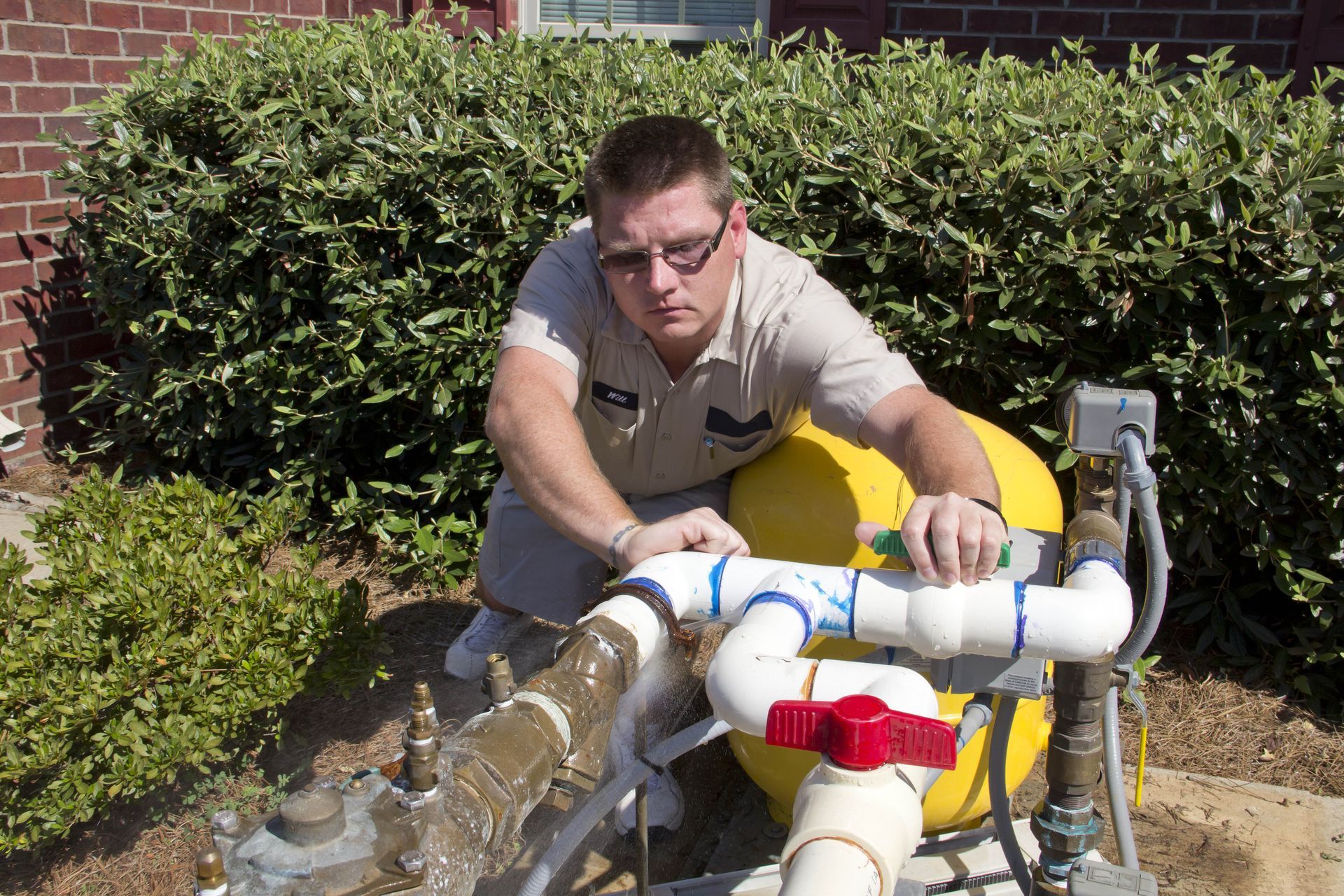Replacing Old Plumbing Parts: Signs You Need an Upgrade
When it comes to maintaining your home, plumbing is one of those systems that often goes unnoticed-until something goes wrong. Over time, pipes, fixtures, and connectors wear out, leading to leaks, inefficiency, or even serious water damage. Replacing old plumbing parts isn't just about fixing immediate problems; it's about protecting your property and improving your home's overall performance. Knowing when to upgrade can save you from expensive repairs and keep your water system running smoothly for years to come.
In this article, we'll explore the signs that indicate it's time to replace aging components, how to spot potential issues before they become costly disasters, and why proactive upgrades are worth the investment.
Discolored or Rusty Water
One of the most obvious signs that something's wrong with your plumbing system is when the water coming out of your faucets looks cloudy, brown, or rusty. Discolored water often means that old pipes or fittings are corroding from the inside. Over time, rust and mineral buildup can flake off and mix with your tap water, giving it a metallic taste or orange tint.
If you live in an older home, your plumbing may still include galvanized steel pipes, which are highly prone to corrosion as they age. Once these pipes start to rust, they not only affect your water quality but can also weaken to the point of leaking or bursting. In some cases, the discoloration might appear intermittently-especially when the water hasn't been used for a few hours-but that doesn't mean the issue should be ignored.
Replacing these deteriorating plumbing parts early can prevent more serious damage to your water system. Upgrading to copper or PEX piping can improve your water's clarity, taste, and safety. Not only will your water look and smell better, but you'll also gain peace of mind knowing that clean, uncontaminated water is flowing through your home.
Frequent Leaks and Drips
A small drip under the sink or a slow leak in your basement might not seem like a big deal at first, but leaks are often the first sign that your plumbing system is deteriorating. Joints, connectors, and seals naturally weaken over time, especially in areas exposed to temperature fluctuations or hard water.
While a single leak may be easily repaired, multiple or recurring leaks often point to larger issues-especially if your home has outdated plumbing. Worn-out materials can develop microcracks, making them more likely to fail again even after repair. Replacing the affected plumbing parts instead of repeatedly patching them is a smarter long-term solution that saves both water and money.
According to Ruby Home, around 14,000 people in the U.S. are affected by water damage daily. Many of these incidents stem from neglected or aging plumbing systems. A leaking pipe might go unnoticed behind walls or under floors until it causes serious structural damage or mold growth. By paying attention to leaks early and considering an upgrade, you can protect your home from one of the most common and costly forms of property damage.
Poor Water Pressure
Few things are more frustrating than stepping into the shower only to find a weak stream of water trickling out. Poor water pressure can stem from several issues, but aging plumbing is often the culprit. As pipes corrode internally or accumulate mineral buildup, the water flow becomes restricted, leading to lower pressure throughout the home.
Sometimes, this problem can be temporarily alleviated by cleaning aerators or showerheads, but if the issue persists, it's a sign that your system may need more than a quick fix. Clogged or outdated plumbing parts reduce the efficiency of your water flow, forcing your plumbing system to work harder.
In addition to low water pressure, you might notice inconsistent flow-strong one moment, weak the next-or strange noises like banging or whistling when you turn on the tap. These symptoms suggest that air is trapped in your pipes or that internal corrosion has caused uneven water flow. Upgrading your plumbing system can restore consistent pressure and ensure water flows freely, making daily routines more comfortable and efficient.
Unusual Odors or Tastes in Water
Your water should be clean, clear, and odorless. If you start noticing an unpleasant smell or strange taste, it's time to investigate. A metallic flavor or musty odor often points to deteriorating plumbing materials or buildup inside your pipes. Old fixtures or fittings made of outdated materials can leach contaminants into your water, especially if they've been exposed to years of moisture and mineral deposits.
A rotten egg smell, for instance, could indicate sulfur bacteria growing in your water heater or pipes. Meanwhile, a chemical or chlorine-like odor may suggest problems with your water supply or filtration system. Regardless of the cause, strange odors are never normal and shouldn't be ignored.
If replacing your plumbing parts resolves these issues, it's a sign your old materials were contributing to contamination. In more severe cases, a full system upgrade may be necessary, particularly in older homes that haven't had a major plumbing update in decades. Modern materials like PEX and copper are more resistant to corrosion and buildup, helping preserve your water's purity and taste.
Visible Corrosion, Stains, or Moisture
Not all plumbing issues are hidden behind walls or under floors. In many cases, you can spot the warning signs just by looking closely at exposed pipes and fittings. If you notice green, white, or bluish discoloration on your pipes, that's often a sign of corrosion or mineral deposits. These marks typically appear around joints, valves, or connections, where moisture and air are most likely to interact with metal surfaces.
In addition to corrosion, keep an eye out for persistent dampness, small puddles, or dark stains on nearby walls and ceilings. Even if there's no active drip, this kind of moisture often indicates a slow leak that's been happening over time. Left untreated, it can lead to rot, mold, or structural damage.
Sometimes, the first clue comes not from what you see, but from what you hear. Gurgling, clanging, or rattling sounds when you run water can signal loose or failing components. These noises shouldn't be ignored-they're your plumbing's way of telling you it needs attention.
Replacing worn or corroded plumbing parts promptly helps prevent a small issue from turning into a full-blown emergency. It's also an opportunity to upgrade to more durable and efficient materials that will last longer and perform better.
The Benefits of Timely Plumbing Upgrades
Many homeowners hesitate to replace plumbing components until a problem becomes unavoidable, but waiting too long often results in higher repair costs and more extensive damage. Upgrading your plumbing system before it fails offers several advantages.
First, it improves your home's efficiency. Newer pipes and fixtures are designed to minimize leaks and deliver better water flow, which can reduce utility bills over time. Second, it enhances safety and health by ensuring your water supply remains clean and free of contaminants. Third, it adds value to your property. If you're planning to sell your home, modern plumbing can be an attractive selling point, reassuring potential buyers that the system is reliable and up to code.
Regular maintenance and inspections can help you identify aging or worn components before they cause serious issues. Even if your plumbing appears to be functioning well, having a professional plumber assess its condition every few years is a smart investment in your home's future.
Your plumbing system is one of the most important and frequently used parts of your home, yet it's often taken for granted until something breaks. Learning to recognize the early signs of deterioration: leaks, discoloration, low pressure, or unusual smells-can help you take timely action. Replacing old plumbing parts before they fail completely can save you from major repairs, prevent water damage, and ensure your household runs smoothly.
If you've noticed leaks, rust, or low water pressure in your home, it might be time to upgrade your plumbing system. Contact Coral Gables Plumbing Co today for expert inspections, reliable replacements, and lasting peace of mind.















































Share On: